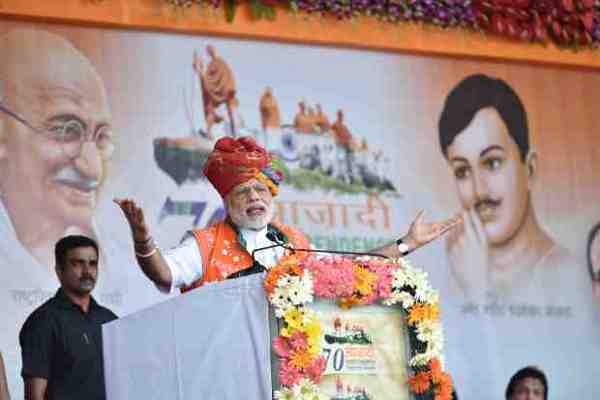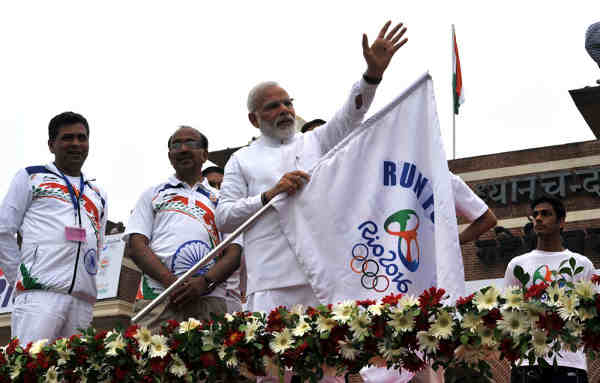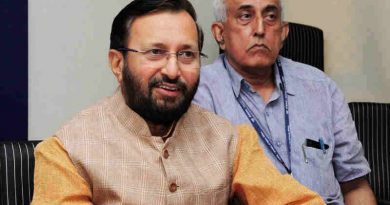India to Host Disaster Risk Management Conference

An exhibition with a thematic focus on ‘Make in India’ will be organised in New Delhi at Vigyan Bhawan, the venue of the Asian Ministerial Conference for Disaster Risk Reduction (AMCDRR) 2016.
The Conference is being organised from November 3-5, 2016 by the Government of India in collaboration with the United Nations Office for Disaster Risk Reduction (UNISDR).
The exhibition will aim at showcasing good practices in Disaster Risk Management through the initiatives displayed by various governmental and Non-Governmental Organisations (NGOs) as well as other stakeholders.
Visual material, publications, posters, multimedia and latest technological innovations showcasing India’s efforts at Disaster Risk Reduction, mitigation and preparedness will be displayed at the exhibition.
[ आओ मिल कर करें एक नये और समृद्ध भारत का निर्माण ]The exhibition will also be leveraged to showcase India’s cultural heritage, handloom and handicraft products to the international delegates from 60 Asian countries that are participating in the Conference.
The exhibition area will be open for the public from 6 to 8 PM.
Besides the exhibition, a national-level painting competition for schoolchildren aged 10-14 years, a short films competition and the first World Tsunami Awareness Day are also being organised during the Conference. All these events are aimed at generating awareness on issues related to DRR.
India is one of the signatories of the Sendai Framework for Disaster Risk Reduction (SFDRR) adopted at the Third UN World Conference in Sendai, Japan in March, 2015.
[ Support RMN Foundation Free Schools for Poor Children ]
Reaffirming its commitment to address DRR and strengthen resilience to disasters, India launched its National Disaster Management Plan earlier this year in line with the priorities defined in the Sendai Framework.
Introducing DRR in governance is key to sustainable economic development and is linked to indicators of growth such as eradication of poverty and malnutrition, improved standards of healthcare and education, better sanitation, protection of environment, among others.





